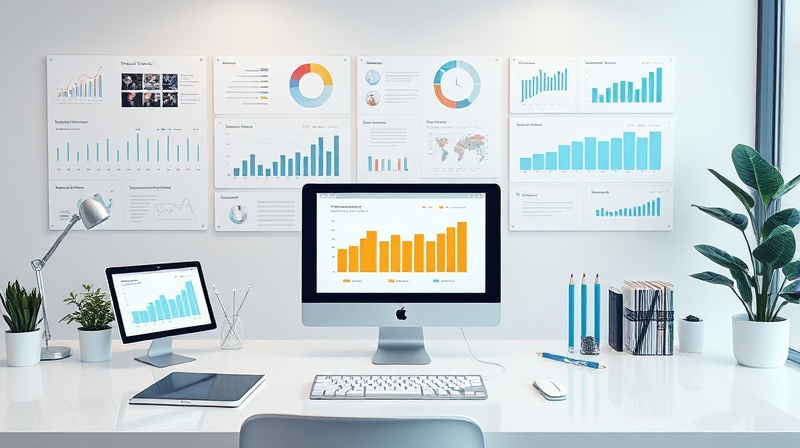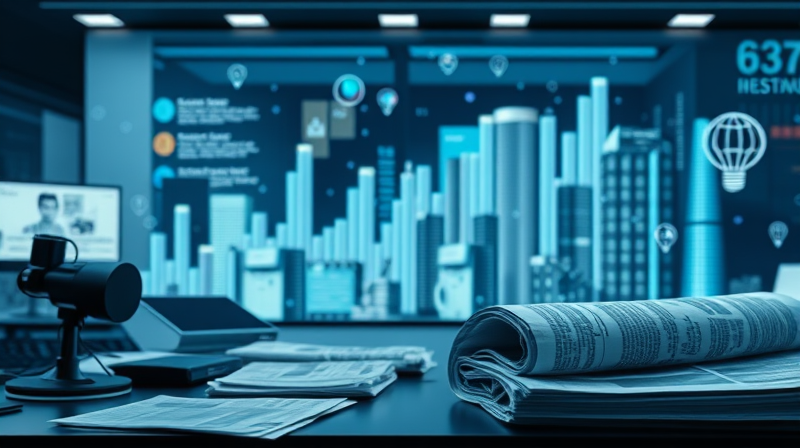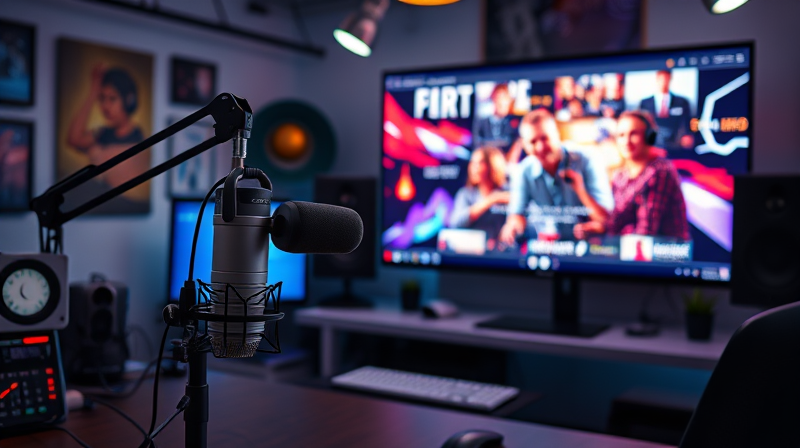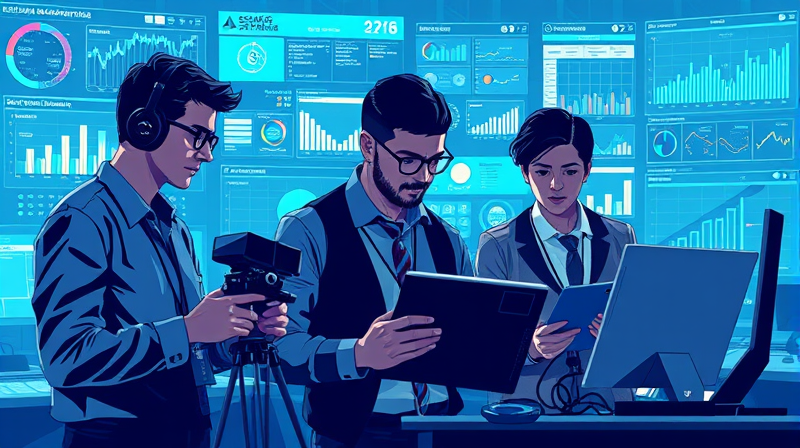In today’s fast-paced digital landscape, the challenge of staying informed without succumbing to information overload is more relevant than ever. The exponential increase in data in 2025 has made it imperative to adopt a balanced approach to information consumption. By focusing on what truly matters and implementing practical strategies, you can navigate this sea of information with confidence and clarity.
Information overload can lead to decreased productivity, poor decision-making, and mental fatigue. Research shows that not all information holds equal value, and the Pareto Principle reveals that roughly 20% of the data we encounter constitutes 80% of its impact. Recognizing this imbalance is the first step toward making your information consumption more efficient and worthwhile.
The Information Overload Challenge
Modern professionals often find themselves bombarded with continuous streams of data. This barrage can cause feelings of being overwhelmed, as much of the content does not contribute positively to your goals or mental well-being. Recent studies emphasize the need to filter out the less valuable 80% of information and to concentrate on curated, impactful data that aligns with your priorities.
Understanding this dynamic is crucial. When you realize that the majority of what you consume contributes little value, you can shift your focus toward tactics that help streamline the intake of useful information.
Effective Filtering Strategies
One of the most efficient ways to combat information overload is to prioritize what you read. Start by applying the 80/20 Rule to your information sources.
- Identify Key Indicators: Determine which metrics or news points are most relevant to your field or interests.
- Systematic Separation: Create systems or routines that help distinguish high-priority data from mere background noise.
- Structured Approaches: Implement methods such as curated newsletters, specialized journals, or trusted blogs to filter out the less useful content.
Additionally, limit your information consumption intentionally. Setting boundaries on the time and energy you dedicate to researching new information can help maintain focus and reduce mental fatigue. Whether it is a dedicated 30-minute period or a pre-defined number of articles per day, intentional limits can make a significant difference.
Taking a methodical approach to consuming data ensures that you do not fall into the trap of endless scrolling and distraction.
Leveraging Technology Wisely
Technology itself can be a powerful ally in managing the influx of information. Utilize cognitive offloading tools that help simplify complex data sets and automate routine processing.
- Filtering Tools: Employ digital tools that sort and categorize incoming information by relevance, ensuring only the most important details reach you.
- Dashboards and Automation: Use dashboards to aggregate essential insights and automate repetitive tasks with predefined workflows.
Another critical tactic is to block digital distractions that can erode your concentration. Turning off unnecessary notifications and setting aside uninterrupted work periods are proven strategies for maintaining high productivity levels. By silencing constant alerts on your devices, you empower yourself to focus on the task at hand and reduce cognitive strain.
Information Processing Techniques
Effective information processing is an essential complement to filtering strategies. Techniques such as chunking concepts into smaller, digestible pieces can significantly enhance both retention and comprehension. According to Cognitive Load Theory, breaking information into manageable segments prevents cognitive overload.
- Bite-Sized Information: Opt for short, actionable pieces of content over lengthy, overwhelming documents.
- Frameworks and Checklists: Organize complex information using visual frameworks or checklists that help clarify key points.
- Microlearning: Engage in focused, short learning sessions that hone in on specific topics or skills.
Additionally, the principle of less, but better reminds us that a reduced quantity of high-quality information often leads to better decision-making. This approach not only minimizes the risk of overload but also sharpens your ability to quickly determine the relevance of the content you encounter.
Creating a Sustainable Information Routine
For those in technology and other fast-evolving fields, a sustainable information routine can serve as the backbone of professional success. Curate personalized content streams by subscribing to trusted newsletters, blogs, and AI-driven aggregators. This targeted consumption helps you stay informed about significant developments without immersing you in needless noise.
As data sustainability practices gain traction in 2025, managing your own information pipelines becomes even more critical. Organizing, cleaning, and automating data streams not only enhances your workflow but also prevents critical system fatigue over time.
By adopting these strategies, you not only empower yourself to make better and faster decisions but also safeguard your mental well-being. The key takeaway is that balancing the quantity and quality of information leads to increased productivity, enhanced focus, and better overall outcomes. With intentionality, selective gathering, and structured processes, you can effectively stay current in an ever-expanding digital world without the burden of information overload.
Ultimately, let these strategies inspire a routine where every piece of information you consume serves a distinct purpose, fuels your professional growth, and enriches your personal life. Embrace these insights to transform potential distractions into stepping stones towards success.








